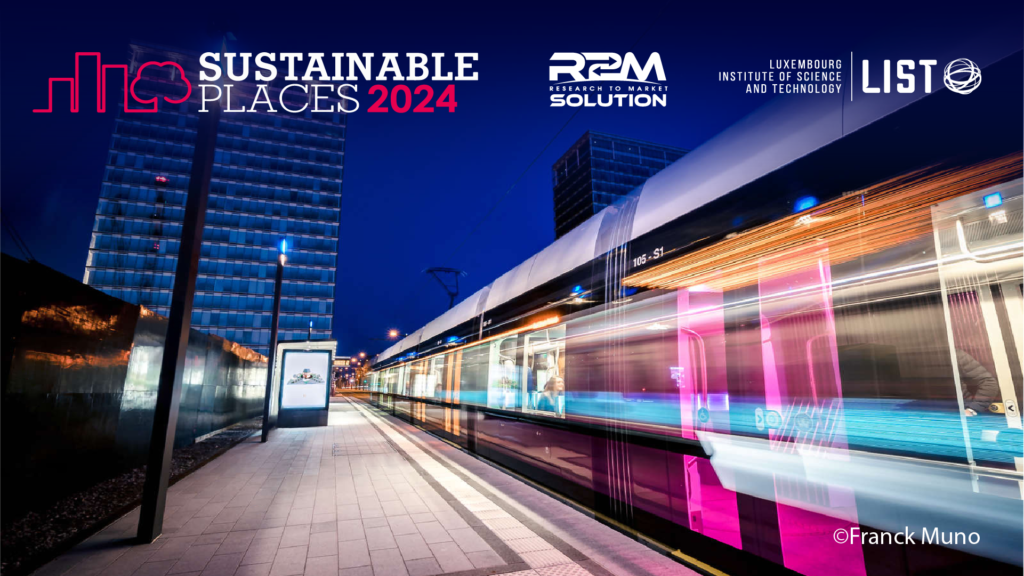Multi-objective approach for flexibility management in renewable energy communities” Fairouz Zobiri, Centrica
Tuesday 24 September 2024 | 11:00-12:30 | Briefing Room FR | Paper Session | Hybrid

In an effort to transition toward sustainable and low-carbon energy systems, the European Union (EU) has adopted the Clean-Energy-for-all-Europeans package. This package identifies consumer empowerment and active participation in energy markets as a key element of the energy transition. In this context, the LocalRES project aims to enable consumers in Renewable Energy Communities (REC) to manage their own locally produced energy and their flexible assets (heat pumps, electric vehicles, batteries). The REC members can maximize their self-consumption while sharing their surplus flexibility with each other, with neighboring communities, or trade it, via aggregators, in various flexibility markets.
LocalRES seeks to democratize the energy landscape by developing digital tools to aid consumers in making decisions on their flexibility management. In this work, we introduce a multi-objective framework that allows consumers to optimally allocate resources between self-consumption and the most lucrative market opportunities. Additionally, we propose a new algorithm for trading flexibility services with Distribution System Operators (DSOs).
The methodology is divided as follows. We first establish the mathematical formulation for optimizing power exchanges within the community and with the outside grid. The LocalRES algorithm uses forecasts of the production of PV panels and the expected flexible and inflexible demand at each hour for the next 24 hours as inputs. Demand flexibility comes from the ability of certain devices to reshape the electricity consumption profile of a household or building.
In a second step, the multi-objective optimization is solved to determine the optimal split between self-consumption and the provision of flexibility to the DSO. The algorithm allows for several aggregators to co-exist within the same community. This is made possible by employing distributed optimization techniques, where each aggregator solves the optimal resource allocation problem for its own clients. A central community controller is then responsible for achieving consensus between the aggregators to ensure power balance.
To test this approach, we identified several scenarios for the multi-objective optimization with real data from one of the demo sites of LocalRES. By placing different weights on self-consumption and external flexibility trading, we were able to map the REC’s amount of savings on operational costs and their revenue to a set of priorities and attitudes toward risk. The results indicate that the more risk-taking the community is (they place higher trust in the forecast), the more profitable they are, but the more they are at risk of incurring penalties from system operators. The results also show that power-based services place more stringent constraints on flexible devices than energy-based services.
Session Chair:
Fairouz Zobiri, Centrica
Workshop Chair: Sébastien Faye, LIST, Luxembourg Institute of Science and Technology
